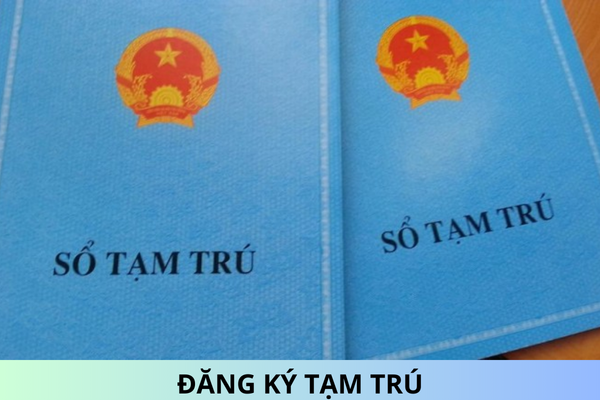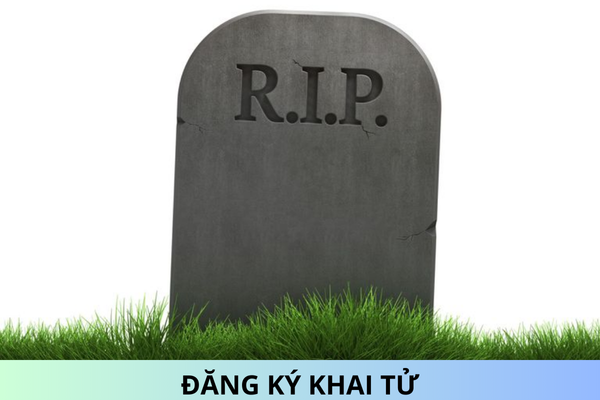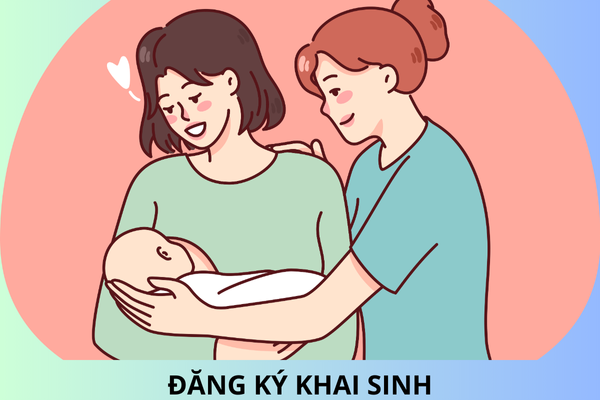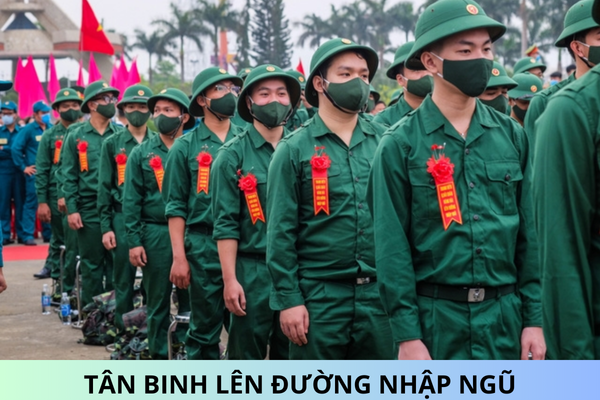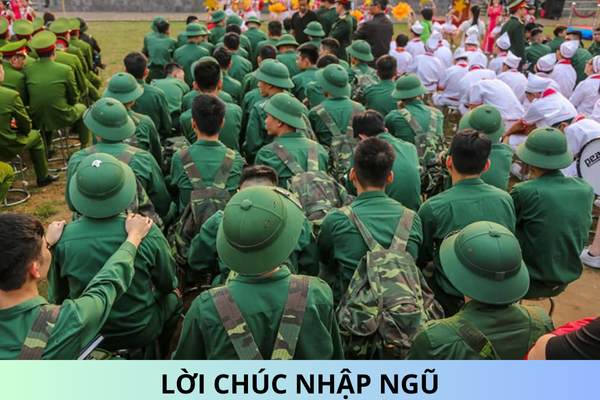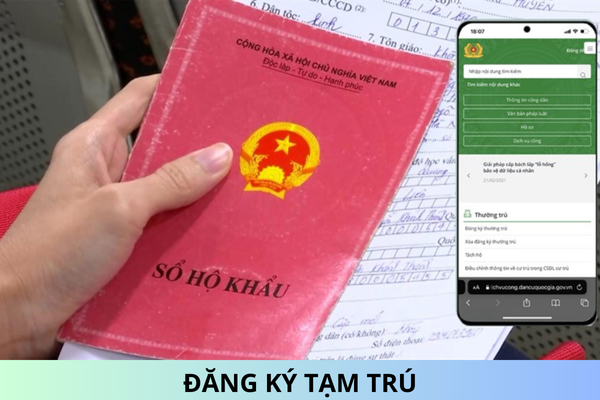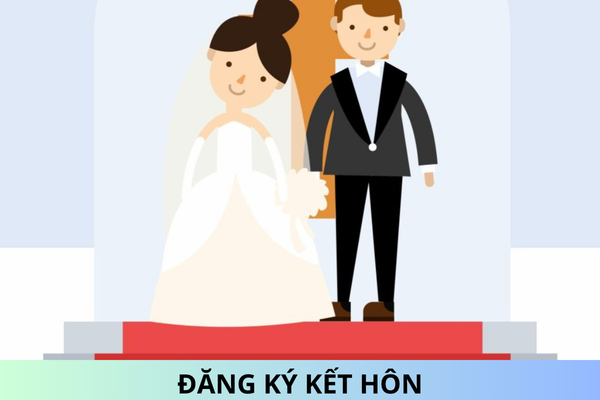Can an adopted child inherit property like a biological child in Vietnam?
Can an adopted child inherit property like a biological child in Vietnam? I hope to receive an answer. Question from Hoa in Ninh Binh.
Can an adopted child inherit property like a biological child in Vietnam?
According to Article 24 of the 2010 Law on Adoption, it is stipulated as follows:
Consequences of adoption
1. From the date of delivery and receipt of an adopted child, the adoptive parents and adopted child will have all the rights and obligations between parents and child; and the adopted child and other members of the adoptive parents family will also have the rights and obligations between them under the law on marriage and family, the civil law and other relevant laws.
2. At the request of adoptive parents, competent state agencies shall decide on the change of the full names of adopted children.
Change of the full names of an adopted child aged 9 or more years must be consented to by such child.
3. The nationality of an adopted abandoned child shall be determined according to the nationality of the adoptive parents.
4. Unless otherwise agreed upon between the natural and adoptive parents, from the date of delivery and receipt of the adopted child, the natural parents no longer have the rights and obligations to care for. nurture, provide financial support for, represent at law, pay damages for, manage and dispose of personal property of, their child already adopted.
Therefore, from the date of adoption in Vietnam, adoptive parents and adopted children have all rights and obligations of parents and children.
Furthermore, adopted children and other members of the adoptive family also have rights and obligations towards each other as provided by marriage and family law, civil law, and other relevant laws in Vietnam.
Therefore, in Vietnam, adopted children still have right to inherit the same as biological children. There is no discrimination between adopted children and biological children.
However, it should be noted that in the case of inheritance according to a will, the amount of inheritance that adopted children and biological children receive will depend on the content of the will left by the parents. In the case where the parents do not leave a will, the inheritance will be divided according to the law, and both biological and adopted children will be entitled to an equal share.
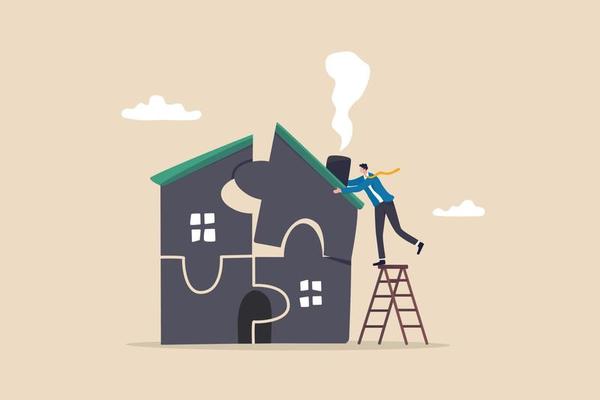
Can an adopted child inherit property like a biological child in Vietnam? (Image from the Internet)
Who is not entitled to inherit the estate in Vietnam?
According to Article 621 of the Civil Code 2015, the following persons are not entitled to inherit the estate:
Persons not entitled to inherit
1. The following persons are not entitled to inherit:
a) Persons convicted of having intentionally caused the death of or harmed the health of the deceased, of having seriously mistreated or tortured the deceased, or of having harmed the honor or dignity of the deceased;
b) Persons having seriously breached their duty to support the deceased;
c) Persons convicted of having intentionally caused the death of another heir in order to obtain all or part of the entitlement of such other heir to the estate;
d) Persons deceiving, coercing or obstructing the deceased with respect to the making of the will, or forging, altering or destroying the will in order to obtain all or part of the estate contrary to the wishes of the deceased.
2. Persons provided in Clause 1 of this Article may, nevertheless, inherit the estate if the deceased was aware of such acts but, nevertheless, allowed them to inherit the estate under the will.
As can be seen, under the law in Vietnam, the cases where individuals are not entitled to inherit the estate include:
- Persons convicted of having intentionally caused the death of or harmed the health of the deceased, of having seriously mistreated or tortured the deceased, or of having harmed the honor or dignity of the deceased;
- Persons having seriously breached their duty to support the deceased;
- Persons convicted of having intentionally caused the death of another heir in order to obtain all or part of the entitlement of such other heir to the estate;
- Persons deceiving, coercing or obstructing the deceased with respect to the making of the will, or forging, altering or destroying the will in order to obtain all or part of the estate contrary to the wishes of the deceased.
However, if the person who left the estate knew the actions of these individuals but still agreed to allow them to inherit the estate according to the will, then these individuals are still entitled to inherit the estate in Vietnam.
Who can disclaim an inheritance in Vietnam?
Based on Article 620 of the Civil Code 2015 stipulating disclaimer of inheritance:
Disclaimer of inheritance
1. An heir may disclaim an inheritance, unless such disclaimer is for the purpose of avoiding the performance of its property obligations to other persons.
2. A disclaimer of an inheritance must be made in writing. A person disclaiming must notify the other heirs and the person authorized to distribute the estate.
3. The disclaimer of an estate must be expressed before the time of inherit distribution.
According to the above regulations in Vietnam, the person who disclaims the inheritance is the one who receives the inheritance from the deceased. Except in cases where the disclaimer of the inheritance is to avoid the performance of its property obligations to other persons.
The specific individuals who disclaim the inheritance are defined as follows:
(1) Heirs as prescribed by Article 651 of the Civil Code 2015
Heirs as prescribed by law are arranged in the following order:
- The first level of heirs comprises: spouses, biological parents, adoptive parents, offspring and adopted children of the deceased;
- The second level of heirs comprises:
+ Biological grandchildren of the deceased;
- The third level of heirs comprises:
+ Biological great-grandparents of the deceased;
+ Biological uncles and aunts of the deceased;
+ Biological nephews and nieces of the deceased;
(2) Heirs according to a will are individuals who inherit the estate as designated by the testator (the person making the will) in a valid will.
Best Regards!
